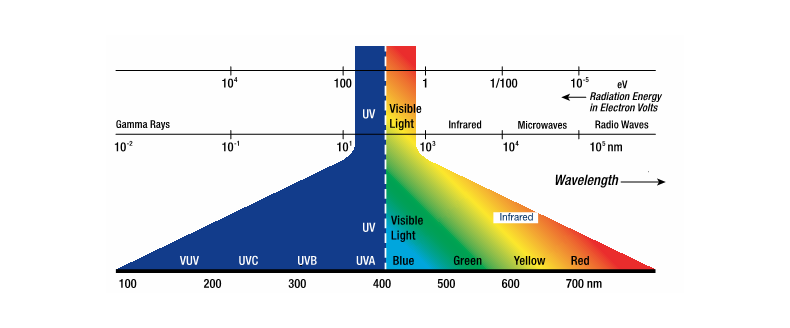We in the online advocacy business are no strangers to asking for money online — and whether you write fundraising appeals yourself or not, your inbox probably clogs up every day with email appeals from clients, competitors and other organizations to watch. Rarely do many of the messages stand out! But a fundraising email recently arrived from Ultraviolet that showed so many good practices that it demanded recognition…and a sincere campaign to steal as many good ideas from it as possible.
Why did this message catch my attention? First, check out the text of the email (Subject line: “This. Is. Awesome.”), which I’ve preserved for posterity in PDF format. Then, let’s take it apart and see what makes it go.
Value Proposition
From the first line, this email wants us to know that our money is being spent well. How? “We’ve found an incredibly effective strategy to fight back against anti-woman politicians”…Ultraviolet’s not just throwing your money away; they’re putting it to work toward a goal you (their supporter) care deeply about in a way that will make a difference.
Good Pressure Point/Theory of Change
How will it make a difference? They’ve found a good pressure point: “States like South Carolina, New Hampshire, and West Virginia all rely heavily on tourism — and in all of them right-wing politicians are attacking reproductive freedom.”
This fundraising email specifically affects tourism by paying for ads in airports, where they not only reach tourists (and the tourism industry) directly but also have a ripple effect: “we’ve found that ads in airports are unusually affordable–and that by warning tourists about a state’s anti-woman policies, we can generate tons of local media coverage and put tremendous pressure on politicians to back off.”
Also note the kicker: “Plus, politicians themselves spend a lot of time in airports, so as soon as these ads go up, they’re gonna notice.” Pay your money and watch ’em squirm, kids!
Concrete Ask
Inherent in this email’s “theory of change” is a concrete fundraising ask. I.e., they want us to “give them money to fund this specific thing they are doing to change the actual real world” instead of “give them money to help achieve their abstract goals.” The more solid and specific your ask, the more easily people can visualize it in action and anticipate its success. They’re paying for something real, not something pie-in-the-sky.
The landing page echoes that concrete ask, btw, reinforcing at the right moment why you’re choosing to break out your credit card…which might make a few people click a button with a bigger number.
Resend
The PDF version I archived is actually a “resend”, the second copy of this message I received (hence the “Colin–We just wanted to make sure you saw this email from the other day. It’s getting an amazing response” note at the top). We can’t tell just from this one email what the resend criteria were, though I’d opened the first version but hadn’t donated — a common condition to trigger a resend. But Ultraviolet’s fundraising staff may have just decided to resend it to everyone who hadn’t donated! If it truly was receiving “an amazing response,” resending is a simple and effective way to catch people who’d missed it the first time but who might respond a second time.
Subject Line?
I AM curious about a few aspects of this message, though. First, the subject line: “This. Is. Awesome.” Slightly gimmicky subject lines like this one can be a risk, and I wonder if they tested different variants to find out if this one would actually work best (though Ultraviolet’s staff may also know their list well enough to have a good sense of what they tend to open and what they usually ignore). Plus, the group’s not sending out dozens of fundraisers every week, so a subject line like this one may stand out more than would the 20th message of the week from a Democratic party committee.
Ask Amount?
The email version I received asked for $75, which is a lot, particularly considering that I’m not a routine donor. I wonder if it was a segmented test, with different people receiving different ask amounts? Or, $75 might actually be a sweet spot — ask for a little and get a little or ask for a lot and (possibly) get a lot. I’d be curious to know!
Regardless of those questions, this message is just chock full o’ goodness, a big part of a balanced breakfast and well worth the time it takes for you steal its lessons for your own work. Give Ultraviolet a few bucks while you’re thinking about ’em, eh?
– cpd

